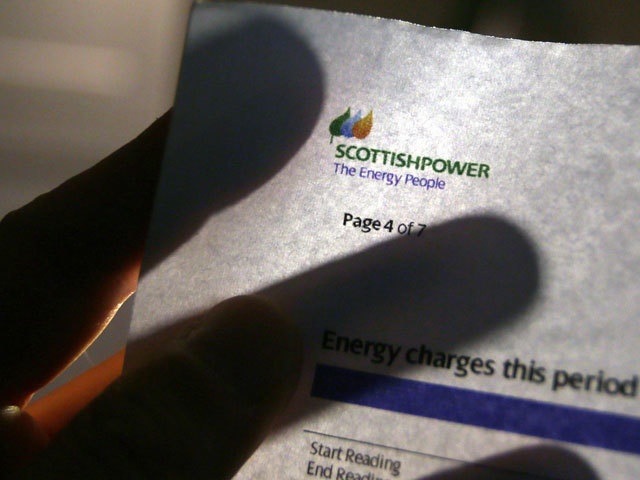
Electricity prices have soared because of constant intervention in the energy sector by successive governments, a Parliamentary report has found.
The House of Lords Economic Affairs Committee says customers are getting a bad deal from a supply system that is complicated and uncompetitive.
The result is that consumer prices have rocketed by 58% since 2003, and UK industry pays the biggest bills in Europe.
The study also raises concern about the spare capacity available and the deliverability of planned nuclear power.
Peers used the report to call for de-carbonisation to be managed at the lowest cost to consumers as such green policies accounted for 10% of domestic bills in 2013.
The report states that the required switch of emphasis may mean waiting for new technologies to be developed to reduce emissions and making targets more flexible.
But the study insists that both affordability and de-carbonisation must not be prioritised ahead of supply.
Government interventions in the market should be reduced by ensuring electricity generating capacity is secured through a single, technology-neutral, competitive auction for electricity supply in order to obtain the lowest costs for consumers.
Committee chairman Lord Hollick said: “Poorly designed government interventions, in pursuit of the de-carbonisation, have put unnecessary pressure on the electricity supply and left consumers and industry paying too high a price.
“Domestic electricity bills in Britain have gone from being second-cheapest in Europe in the mid-2000s to the seventh-cheapest today. Britain’s high industrial electricity prices have led some energy-intensive industries to relocate abroad. Low-carbon policies are a factor in these high prices.”
Lord Hollick expressed concern about investment in nuclear power and a rigid approach to de-carbonisation.
“Hinkley Point C is a good example of the way policy has become unbalanced and affordability neglected. It does not provide good value for money for consumers and there are substantial risks associated with the project.
“The Government must make sure that the security of the UK’s energy supply is the priority of its energy policy. Affordability must not be neglected and de-carbonisation targets should be managed flexibly.
“We would like to see the Government step back from the market and allow all generating technologies to compete against each other. It should establish an Energy Commission to ensure competitive auctions have independent oversight and are scrutinised carefully.
“Renewables play, and will continue to play, a crucial part in energy policy. Costs have been reduced and efficiency has improved. New clean technologies must be supported to be commercially viable. A new National Energy Research Centre would also help the UK to catch other countries up in the race to find cost-effective solutions to the challenges the world faces on energy.”
The Government should also set out its “Plan B” if the Hinkley Point C initiative is delayed or cannot produce the expected power, the study says.
A spokesman for EDF Energy, which is building Hinkley Point C, said it provided value for money and was competitive with other future energy choices.
“By providing reliable, low carbon electricity for 60 years, Hinkley Point C will play a vital role in helping the UK move away from fossil fuels,” the spokesman said.
“It is already delivering significant benefits to the economy by creating jobs, boosting skills and strengthening the UK’s industrial capacity.”
Recommended for you
